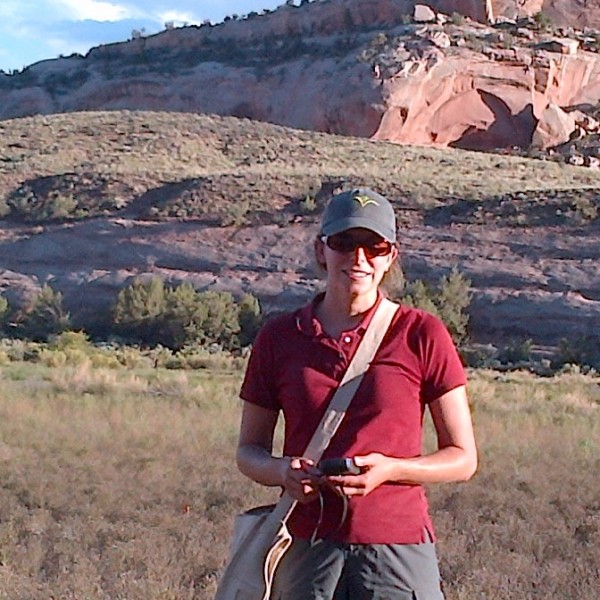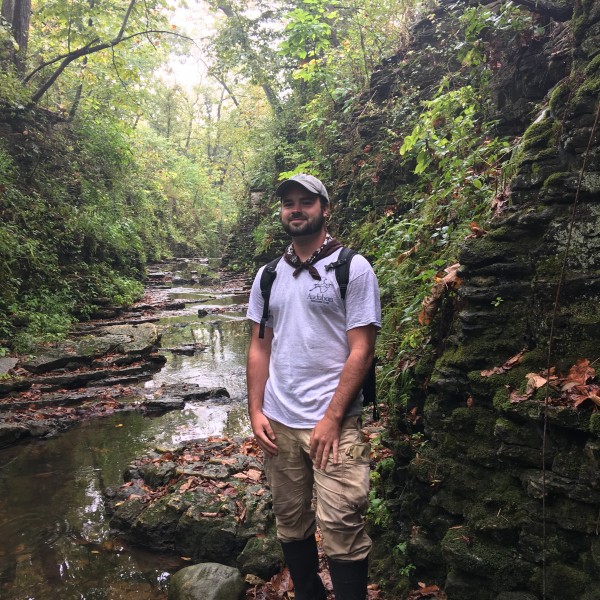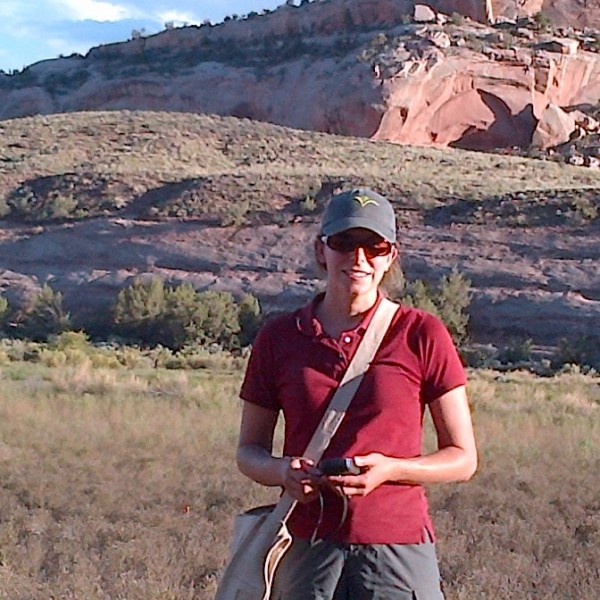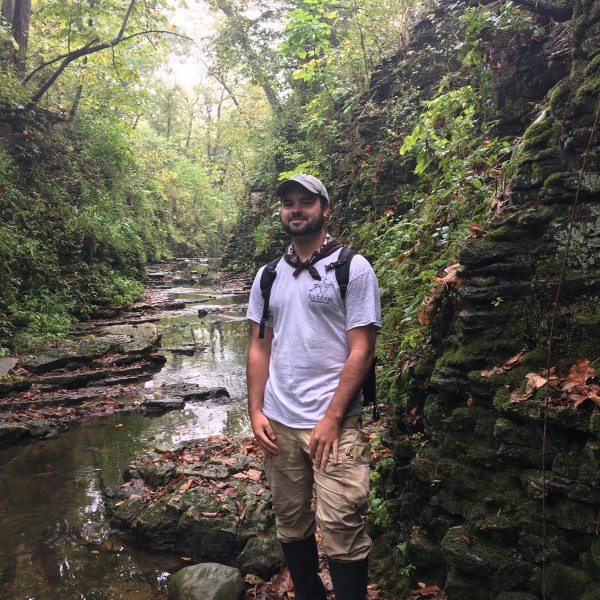-medium.jpg)
Understanding soil seed banks of woodland vernal pools to inform their restoration 2019
Cook County and Lake County Forest Preserves as well as Chicago Botanic Garden
Ecology, Soil & Fungal Biology, Fieldwork, Labwork
Woodland vernal pools play an important ecological role in supporting unique plant and animal species. In particular, because they hold water during the spring but often dry up in the summer, they provide critical habitat for amphibians. However, many woodland vernal pools in the Chicago region have become degraded by invasive species like buckthorn (Rhamnus cathartica). Buckthorn shades out many understory native grass and wildflower species, changing the habitat and soil characteristics of vernal pools in ways that may be detrimental to the amphibians that depend on them. Restoration efforts are underway to remove buckthorn and support re-establishment of the native understory plant community. However, the best way to do this is not clear. In some cases, a seed bank of native species may remain in the soil, and these seeds may able to germinate and establish after removal of buckthorn. However, the changes imposed by buckthorn may mean that the soil seed bank is no longer present, or it may be buried by sediment and therefore unlikely to germinate after buckthorn removal unless the soil is also disturbed. This project will be undertaken in partnership with the Shedd Aquarium’s research biologist (Karen Glennemeier). It will investigate the soil seed bank of woodland vernal pools in the Chicago region that have experienced varying levels of buckthorn invasion and restoration. Interns will be exposed to field work as well as lab and greenhouse work, and will have an opportunity to become familiar with a network of forest preserves and the ecologists who manage them.




